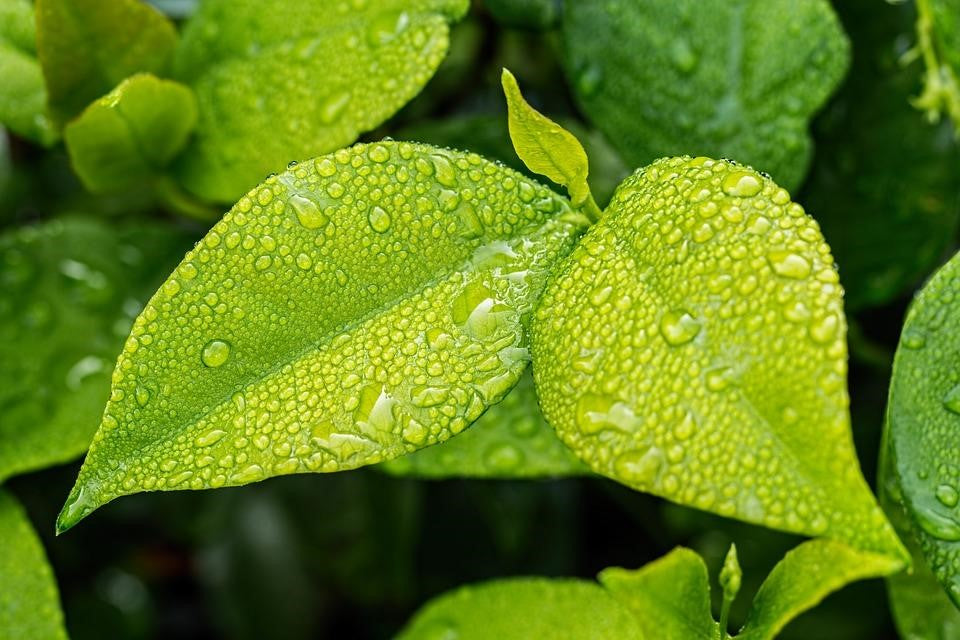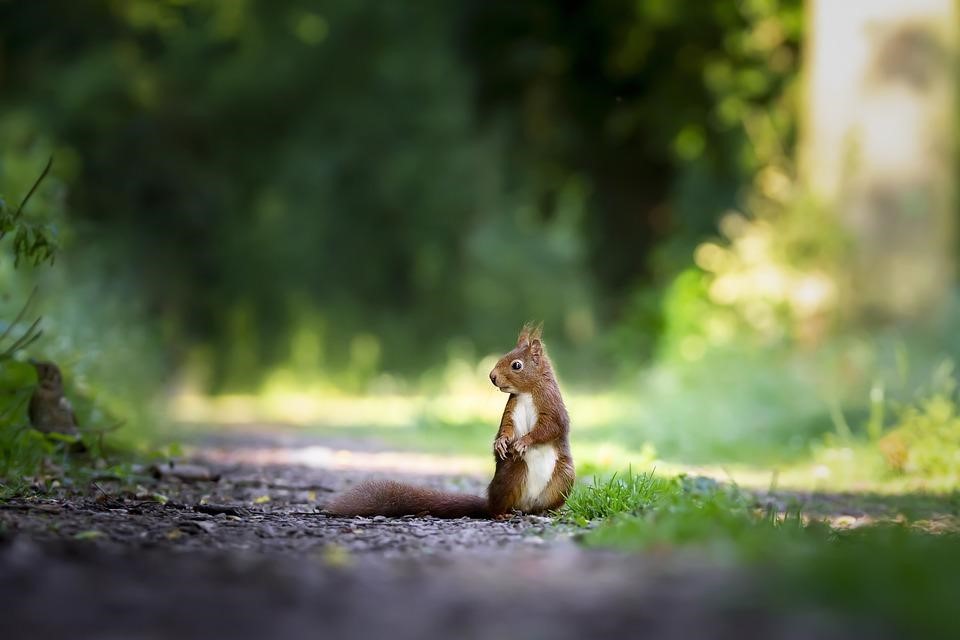
Squirrels are a type of small, agile tree-dwelling rodent with a long, fluffy tail. They are found in a variety of habitats all over the world, including forests, grasslands, and urban areas. Squirrels are known for their ability to climb trees and love nuts and seeds. They are active during the day and have a varied diet that includes insects, fruits, and vegetables in addition to nuts.
Can squirrels eat leaves?
Squirrels are omnivorous animals, which means they can eat various plants and animals as part of their diet. In the wild, squirrels primarily eat seeds, nuts, and fruit but they will also occasionally eat insects, eggs, and small vertebrates. Leaves can be a part of a squirrel's diet, although they are not a primary food source.
Squirrels are known to eat a variety of types of leaves, including the leaves of trees, shrubs, and plants. In some cases, squirrels may eat leaves as a source of moisture, especially if they live in an area where water is scarce. Leaves can also provide nutrients to squirrels, such as fiber, vitamins, and minerals. However, leaves are not a very energy-dense food source, and squirrels are likely to rely more on high-energy foods such as nuts and seeds to meet their energy needs.
It is important to note that not all leaves are safe for squirrels to eat. Some leaves may be toxic to squirrels or contain substances that can cause digestive problems. In general, it is best to let squirrels stick to their natural diet of seeds, nuts, and fruit and avoid feeding them large quantities of leaves.

How do squirrels eat leaves?
Squirrels are omnivorous animals, which means they eat plants and animals as part of their diet. In the wild, squirrels mostly eat seeds, nuts, and fruits, but they will also occasionally eat insects, eggs, and even small birds or rodents.
When eating leaves, squirrels usually do so when other food sources are scarce or unavailable. They can digest the cellulose in leaves thanks to the microbes in their gut that break down the plant material.
Are squirrels harmful to gardens of leaves?
Squirrels can be harmful to gardens, as they can dig up bulbs and chew on the bark of trees and shrubs. However, the damage they do to gardens is minimal, and they are not typically considered a significant pests. Squirrels benefit gardens in some ways, as they help disperse seeds and pollinate flowers.
If you are concerned about squirrels damaging your garden, there are a few steps you can take to deter them:
- Use physical barriers: Fences, netting, or wire mesh to protect your plants from squirrels.
- Plant squirrel-resistant plants: Some plants, such as daffodils and alliums, are less attractive to squirrels.
- Use repellents: There are several commercial repellents available that can help to deter squirrels from your garden.
- Provide an alternative food source: You can offer squirrels a separate area with food, such as nuts or seeds, to distract them from your garden.
It's important to remember that squirrels are a natural part of the ecosystem, and it's generally best to try to coexist with them rather than attempting to eliminate them entirely.
Benefits of leaves to squirrel
Leaves are a great source of nutrients for squirrels. They contain a variety of essential vitamins, minerals, and proteins. Squirrels also get important energy from the leaves they eat. Leaves can help keep squirrels healthy and active during the winter months.
Fall is a beautiful time of year, and that includes the leaves on trees. Leaves are the food that squirrels eat. And since there are so many leaves on trees, it’s important to make sure they don’t go to waste. Leaves can provide a number of benefits to squirrels.
While leaves may not be a squirrel's primary food source, they can still provide some nutritional value, such as protein, vitamins, and minerals. Squirrels often use leaves as bedding material to create a comfortable nest. Leaves can also provide protection from the elements, such as rain and wind. Squirrels are opportunistic eaters and will eat a variety of foods, including leaves, when they are available. Foraging for leaves can also help squirrels to develop their problem-solving skills and keep them active and engaged.
Squirrels are social animals, and foraging for leaves can be a social activity that allows them to interact with other squirrels in their group. They are high in important nutrients that your squirrels need to survive. Leaves contain vitamin A, which is essential for their eyesight, and they also have other important nutrients such as calcium and magnesium. When you give your squirrels leaves, it helps to keep them healthy and happy.
Leaves are a high-quality source of nutrients for squirrels. They contain a variety of important vitamins and minerals, including calcium, magnesium, potassium, and vitamin A. Leaves also provide plenty of fiber. This type of carbohydrate is essential for a healthy diet because it helps to regulate blood sugar levels and keep bowel movements regular.
Leaves are one of the most important early warning signals for squirrels. Squirrels use leaves to determine the presence and location of predators. The arrangement of leaves, the size and shape of leaves, and the amount of green on a leaf can all help identify a predator.
What can homeowners do to prevent squirrels from damaging their leaves?
One of the most common problems homeowners face when it comes to squirrels is that the animals constantly eat leaves off trees and plants. While squirrels are a necessary part of nature, homeowners need to understand what they can do to prevent damage to their leaves.
One way homeowners can protect their leaves from squirrels is by making sure the tree or plant is well-fed. Give the plant enough nutrients so that it doesn't need to eat leaves as much. This will also help keep the squirrels away since they won't be as interested in eating from that particular plant.
Another option homeowners have when it comes to preventing squirrel damage to their leaves is to make a fence around the perimeter of their yard. This will help keep the squirrels out and allow them to focus on eating other things. Squirrels are naturally curious creatures, but if they're kept away from your leaves, you'll likely see less damage done.
Homeowners can also try trapping or shooing the squirrels away before they start damaging their leaves. If this isn't possible, then a combination of trapping and fencing may be necessary.
Conclusion
Squirrels are omnivorous, meaning they eat plants and animals as a part of their diet. While squirrels primarily eat nuts and seeds, they can also consume various other foods, including fruits, fungi, and insects. In addition to these foods, squirrels can also eat leaves as a source of nutrition.
However, leaves are not a primary food source for squirrels and are less nutritionally dense than other plant foods they may consume. Squirrels may eat leaves as a supplement to their diet, but they are not reliant on them as a primary source of sustenance.
